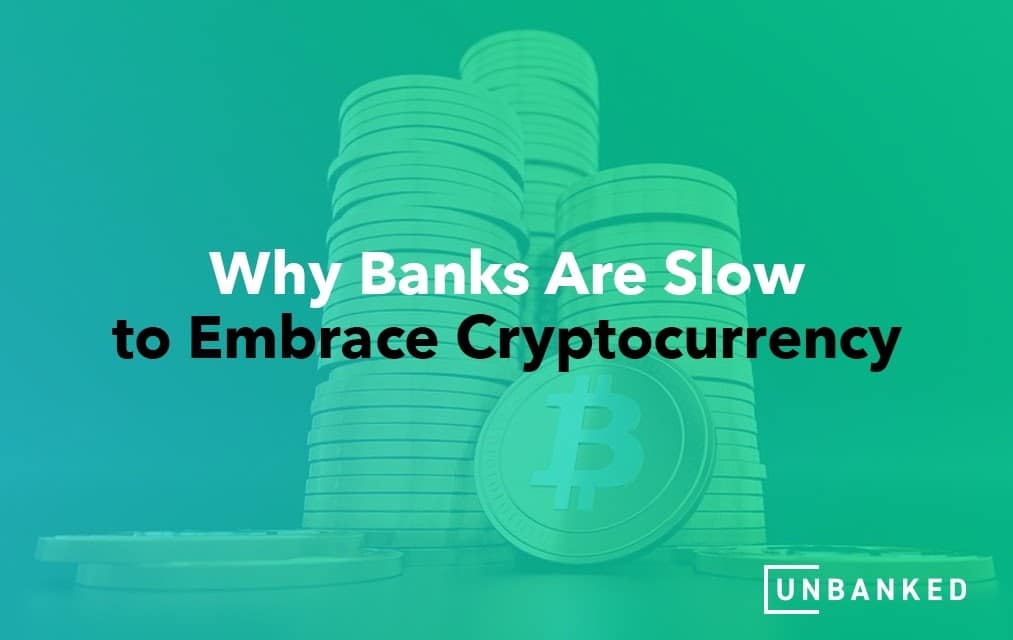
Cryptocurrency is the future, and it’s coming sooner than you think. This new form of currency has been around since 2009, but banks have not embraced this new digital money with open arms quite yet. One reason they are slow to adopt is the difficulties in tracking cryptocurrency transactions.
But the benefits of using cryptocurrency outweigh the risks for most people who use it regularly. Cryptocurrency has no borders and is easily accessible, unlike FIAT currency, which can be difficult to acquire outside your country’s borders or if you do not have an international account with your bank.
Cryptocurrency also provides more privacy than other forms of payment because it does not require personal information such as name, address, social security number, or driver’s license number like credit card companies need.
But, indeed, banks may never truly become obsolete. With that sentiment, this blog post will discuss why banks feel threatened by cryptocurrencies, how they can evolve to become more modern, and what the future may be holding for banks as 2021 moves forward.
Why Banks Are Threatened by Cryptocurrencies

One of the reasons banks feel so threatened by cryptocurrencies is because cryptocurrencies provide a way to bank without fees, or at the very least to bank with meager fees.
The use of cryptocurrencies can drastically reduce or even eliminate fees. Cryptocurrencies are more secure than cash as long as you don’t lose your private keys. And it is easier to store, with a single transaction taking up just 1-2 kilobytes of space on your hard drive.
Cryptocurrency transactions incur almost no cost compared to regular bank transfers because they do not require any middleman (the banks), which can charge excessive fees – like overdrafts – for their services. These services need constant upkeep by way of pricey IT systems and security measures.
By using cryptocurrencies, the investor/user has significantly greater control over his investments and spending without worrying about paying an arm and a leg for every little movement he makes with their money.
Banks also have a monopoly on currency conversion, and they charge a premium for the service. If you want to exchange dollars for yen, for example, you’ll have to pay up two percentage points or a few dollars more (depending on which is higher) just for the service. Or someone will do it with their foreign money-exchange desk located in some bank branch somewhere around town that may not even be near your home anyway. One single, agnostic digital currency could reduce this requirement nearly entirely and let you buy something with ease next time you’re abroad in Japan!
Further, the 2008 financial crisis caused a widespread mistrust for banks, which has become an increasingly complex problem to crack. People see the greedy and broken nature of our current banking system as well as their deceptive practices.
Cryptocurrencies present viable alternatives without requiring you to place your complete trust in any single person or institution such as banks, governments, or even the Federal Reserve System. People feel much more secure when they can manage their own finances while not being completely reliant on anyone else’s word alone.
Evolving and Becoming More Modern

Now, this doesn’t mean banks will become obsolete in the next decade, but it does mean they will need to evolve and modernize to keep up with the changes in the world’s financial future. In order to survive, banks need a plan that will help them hold on tight to the things they do best while making sure they don’t let any of their weaknesses jeopardize their livelihood.
Banks need to take advantage of the popularity and relevance that blockchain technology has in society today. Banks are starting to see this happening and are taking action, though, as evidenced by investments from institutions like Goldman Sachs into cryptocurrency trading and development.
But they’re not just sitting on their hands either. Some banks have ventured far enough out of traditional financial markets with ventures such as applying for patents or investing in startups working on using quantum computers for transaction-related issues (and other purposes).
This type of investment is also a good idea because it helps banks stay competitive against firms that already operate within these sectors. An example would be Alibaba’s foray into banking solutions via Alipay, which was available outside China before Bank Of America launched its mobile app.
Although many people are excited about the changes cryptocurrencies can bring, it may not be for everyone. You need good knowledge and understanding in order to use cryptocurrency properly, and we understand that. As such, banks can also shift their focus to these customers who want more personalized options or guidance on becoming financially stable by providing one-on-one assistance in cryptocurrency and cryptocurrency management as an added service to traditional banking.
What the Future Holds

But it seems banks embracing cryptocurrency will come about sooner rather than later. Many financial experts once saw Bitcoin only as a speculative investment or an online transaction system without any central authority. But recently, its rapid ascent among investors has caused some people inside traditional finance circles to worry that they have missed their chance at being part of this paradigm shift that could change everything about modern society’s economic foundation.
While JPMorgan Co-President Daniel Pinto refused to rule out whether or not their company would offer services like trading cryptocurrencies and managing digital assets based on an interview from CNBC in January, The crypto-friendly Goldman Sachs hosted a private forum for its employees and clients with Mike Novogratz, the CEO of Galaxy Digital. The firm is one of many on Wall Street to test the water when it comes to cryptocurrency investing, which has become more popular over time.
Closing Thoughts
Banks need to take advantage of the popularity and relevance that blockchain technology has in society today. While banks have been slow to adopt this new financial innovation, they are now starting to see its potential benefits with an increased number of partnerships between significant institutions and crypto-companies.
With these partnerships come more opportunities for banks, such as exploring ways to offer cryptocurrency investments or even their own digital currency if it is not already a possibility. One way for them could be creating a service like Coinbase where people can purchase different cryptocurrencies without having any prior knowledge on how trading works.
Allowing customers who want personalized options or guidance on becoming financially stable by providing personal crypto aid would also create another niche market within the banking industry, allowing people interested in investing in cryptocurrencies but don’t know to do so at the time.
Unbanked is a leading provider of cryptocurrency financial services. Our goal is to help people build their futures by empowering them with the knowledge and tools they need for economic empowerment and self-sufficiency, which can only be achieved by offering access to banking systems that are both accessible and affordable without unnecessary intermediaries and mediators. Visit us today and let us show you how you can start investing in cryptocurrencies to become more financially secure and stable!





